Guildford and Birmingham pub bomb families 'need classified IRA file'
- Published
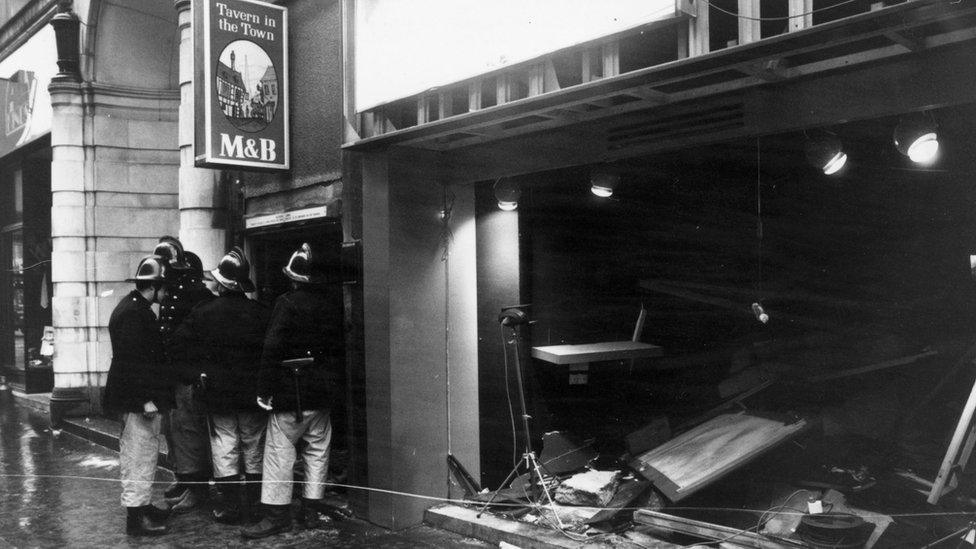
Twenty one people died in the Birmingham pub bombings on 21 November 1974
A classified file on IRA activity after 26 people died in the Guildford and Birmingham pub bombings could hold key information, a tribunal has heard.
The file, held by the Northern Ireland Office, looks at the political reaction to the mainland terror campaign in 1975, a year after the attacks.
Families are appealing against a decision that the file is retained on national security grounds.
Julie Hambleton, whose sister died, said relatives still needed the truth.
The file at the focus of an information rights tribunal is referenced CJ4/6052 by The National Archives and headed Provisional IRA activities and intentions in Great Britain, covering the dates 1 January 1975 to 31 December 1975.
'Political thinking'
Christopher Stanley, from KRW Law, which is representing families in resumed pub bombing inquests in Guildford and Birmingham, is appealing against a move by the Information Commissioner to uphold a decision by the Northern Ireland Office to retain the file on grounds of national security.
He said: "I don't know if it contains a smoking gun. I wanted to know what was happening in the context of the time."
He said the file was "about the political thinking and the reaction to the mainland terror campaign post the pub bombings".
Twelve pages of the file were released to Mr Stanley on Monday, before the tribunal was held, but further documents are sought.
Judgement on their release is expected to be reserved.

Maxine Hambleton was killed in an attack in the Tavern in the Town pub
Ms Hambleton, who was 11 when her 18-year-old sister Maxine died, told the hearing how she was killed in an attack in Birmingham in the Tavern in the Town pub which was in a cellar.
She said there was no access to escape for those who were injured and firemen struggled to reach casualties because the stairs were so fragile.
She also gave a harrowing account of the injuries some of the victims suffered, and told the hearing families still needed answers.
Ms Hambleton told the hearing families had been refused information and treated with contempt by authorities during their campaign.
She said the file was important because "without such information and without such facts, how else are we going to answer all those questions we've been left with after the inquest last year".
Professor Mark McGovern, an expert on the Northern Ireland conflict, said the security situation in Northern Ireland was vastly different now than it was in the 1970s.
He told the hearing that the possible harms of disclosure and of non-disclosure were "a balance we need to consider".
"If you keep things under lock and key, people inevitably start to say why - there must be something there - therefore let's get it out there," he said.
Inquests have recently resumed in both Birmingham and Guildford.
Last year, jurors in the Birmingham inquest concluded there were no errors in the way police responded to an IRA warning call and their actions did not contribute to the deaths of 21 people on 21 November 1974 when two pubs were targeted.
In Guildford, a full inquest is still to be held into the deaths of four soldiers and a civilian on 5 October 1974 in the first of two explosions.
'National security threats'
The tribunal judge asked Prof McGovern if anyone involved in the IRA in the 1970s was involved in activity now.
The professor replied: "It's entirely possible although being of a certain age there might possibly be someone who at some level was involved in the IRA in the 1970s and might be involved in one of the dissident groups, but I don't know."
Dr Sam Fowles, representing Mr Stanley, asked: "Have there been threats to national security that follow from disclosure?"
The academic replied: "Not to my knowledge."
Dr Fowles then asked: "And from FOI [Freedom of Information request]?"
Mr McGovern replied: "I would say the opposite."
Before the tribunal moved to a closed session, Mark Larmour, from the Northern Ireland Office, said that since 2011, 120 attacks had taken place resulting in five deaths.
Asked by Mr Knight if there had been national security incidents from legacy disclosure, Mr Larmour said he was not sure he could answer that question and it was "complex".
- Published4 February 2020
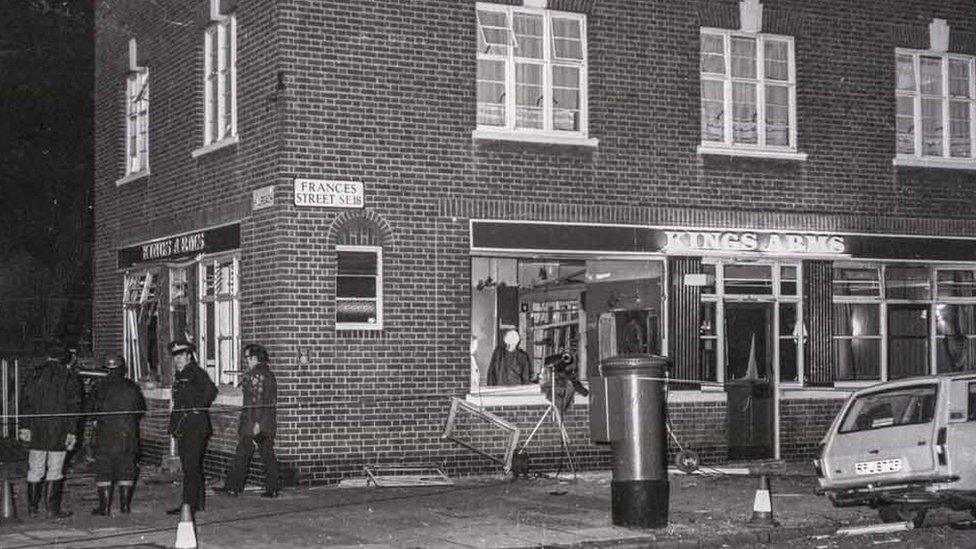
- Published22 January 2020
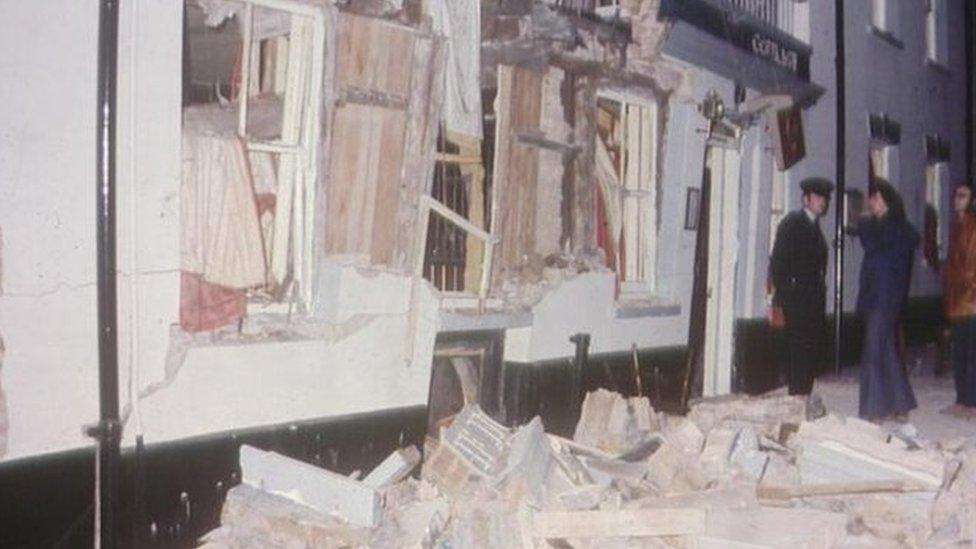
- Published18 January 2020

- Published31 December 2019
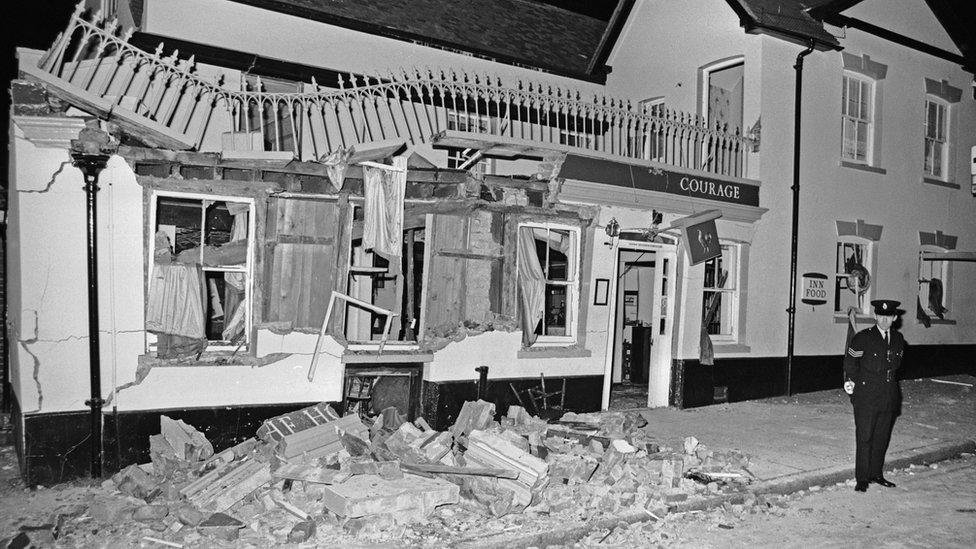
- Published18 December 2019

- Published24 May 2019
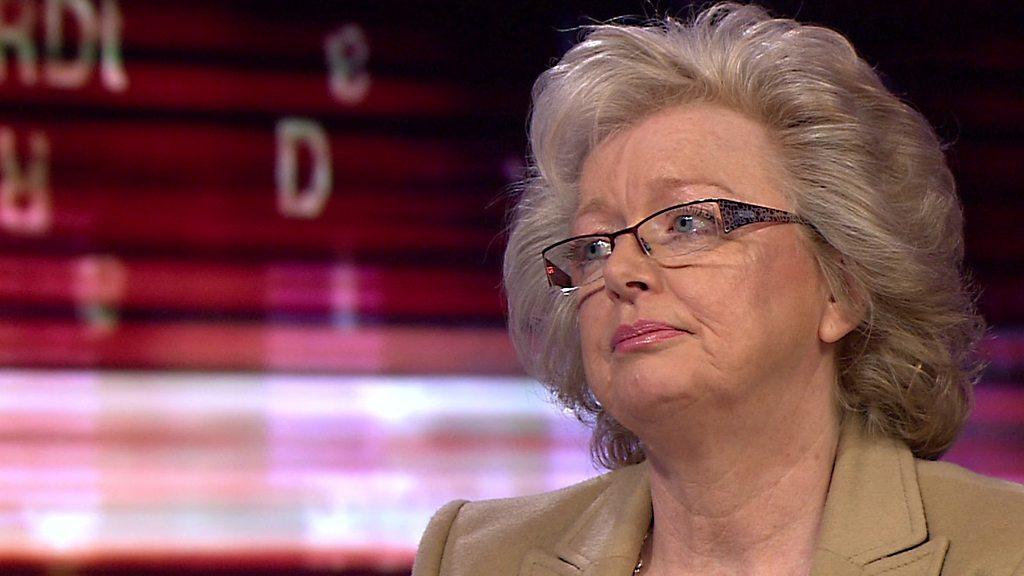
- Published5 April 2019
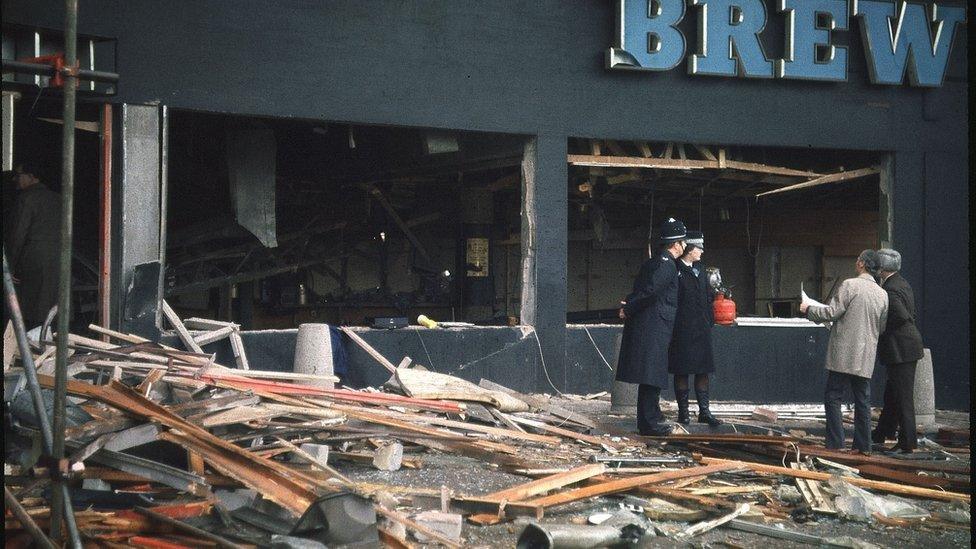
- Published5 April 2019
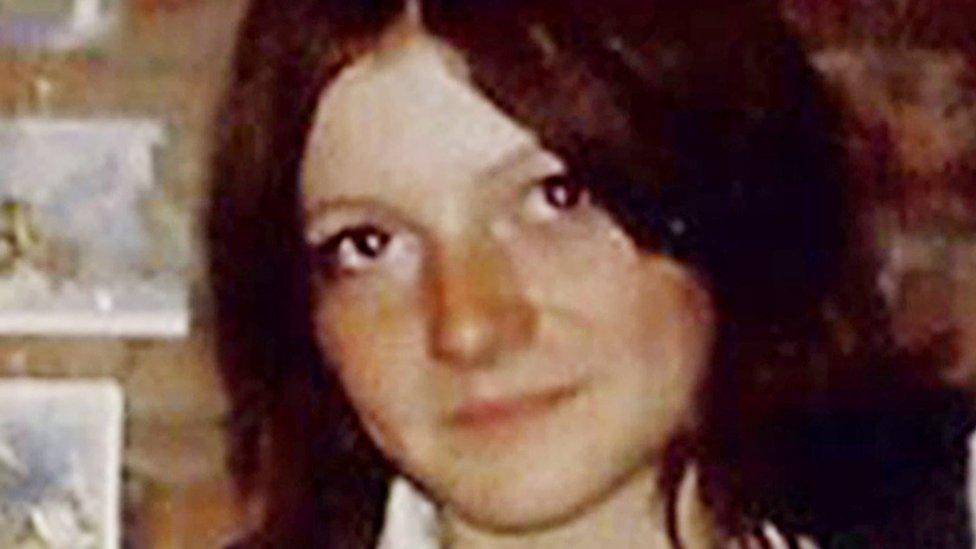
- Published31 January 2019
